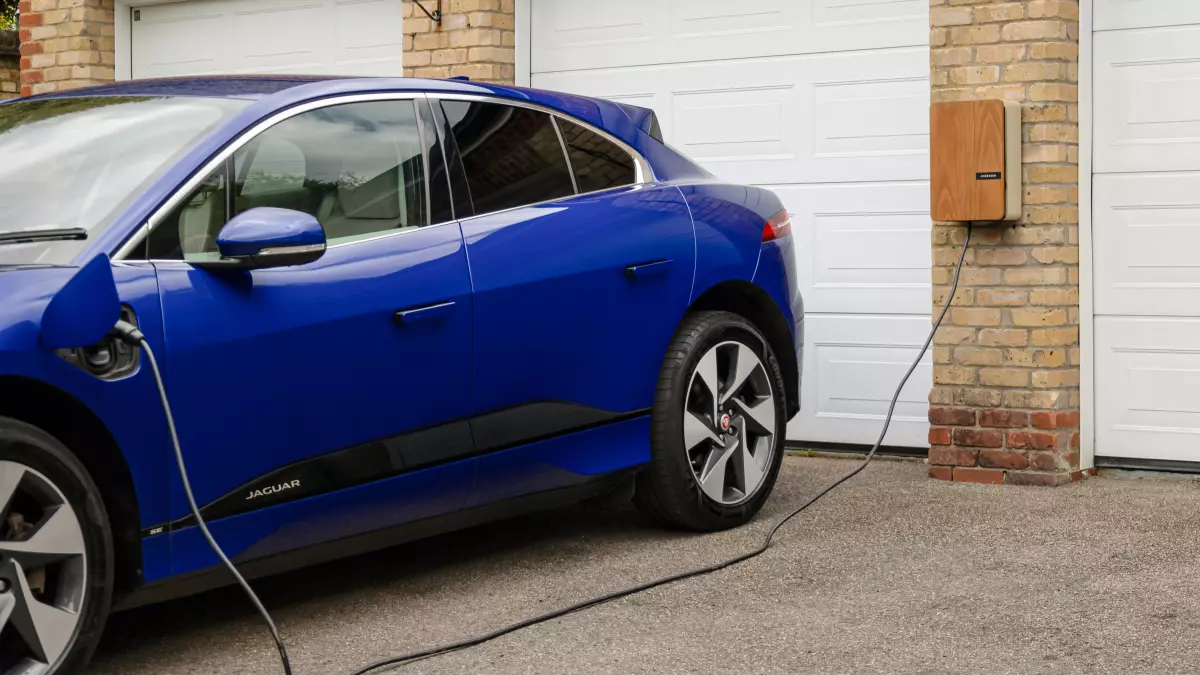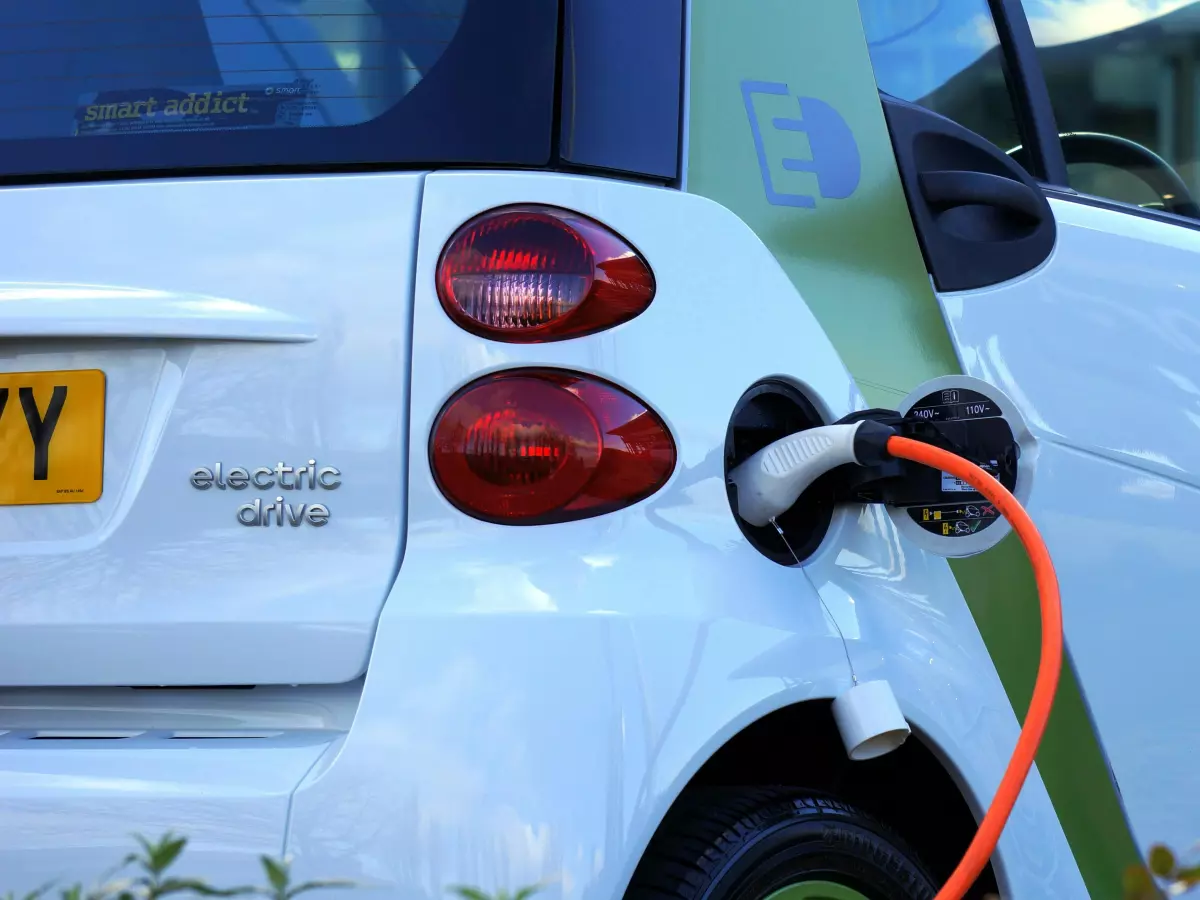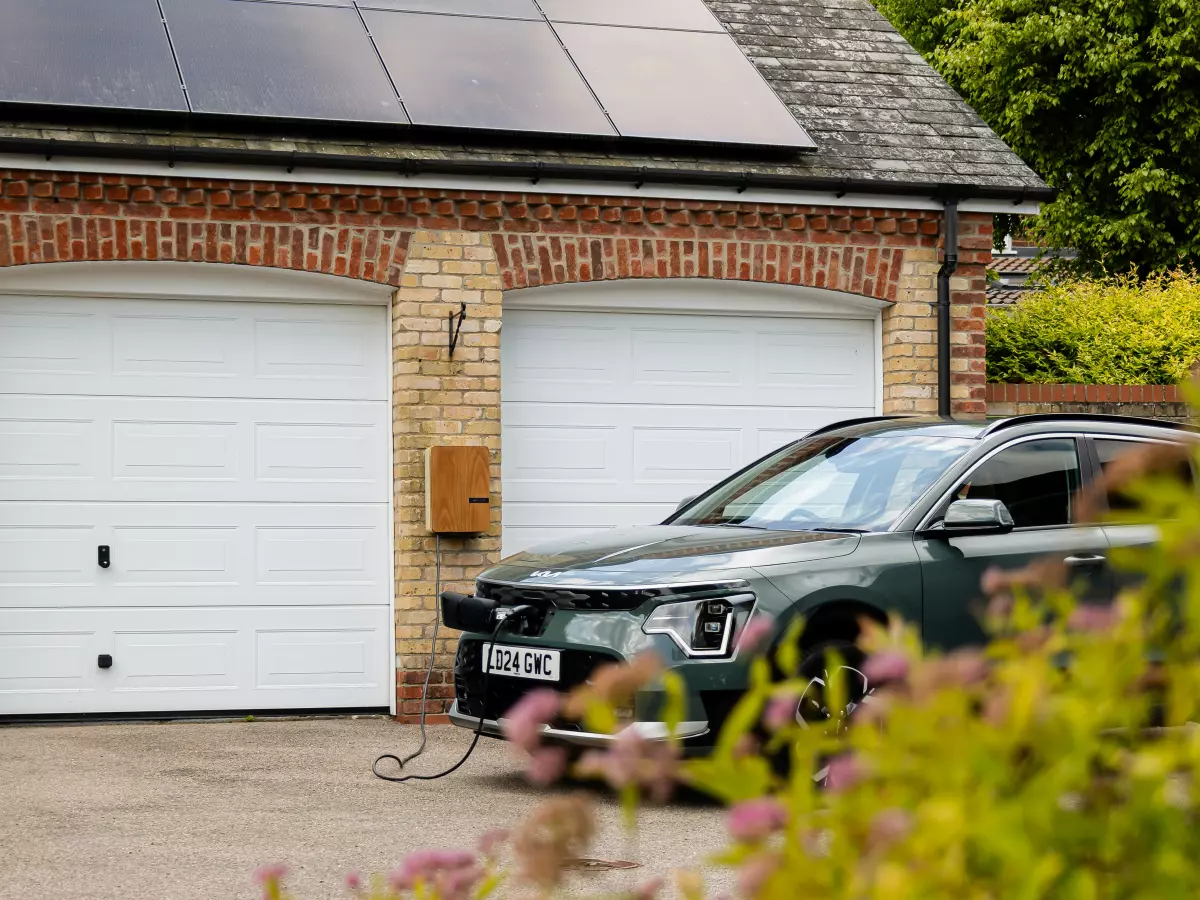EV Battery Lifespan Demystified
Your EV battery's lifespan isn't a mystery—it's science, strategy, and a bit of tech magic.

By Hannah White
Did you know that the average EV battery is designed to last between 8 to 15 years? That’s longer than most people keep their cars! But here's the kicker: how you treat your EV battery can significantly impact its longevity. From charging habits to temperature extremes, every little detail matters.
So, why should you care? Well, replacing an EV battery can cost thousands of dollars, and no one wants to deal with that sooner than necessary. Plus, understanding how to extend your battery’s life can save you money and reduce your environmental footprint. Let’s dive into the science and strategies behind maximizing EV battery lifespan.
Temperature: The Silent Battery Killer
Extreme temperatures are like kryptonite for EV batteries. Whether it’s freezing cold or scorching heat, your battery’s performance and lifespan can take a hit. Lithium-ion batteries, the most common type in EVs, are particularly sensitive to temperature fluctuations.
When it’s too hot, the battery’s chemical reactions speed up, leading to faster degradation. On the flip side, cold weather can reduce the battery’s efficiency, making it harder to charge and discharge. This is why many EVs come equipped with thermal management systems to keep the battery at an optimal temperature.
Pro tip: If you live in an area with extreme weather, park your EV in a garage or shaded area whenever possible. And if your EV has a preconditioning feature, use it! This software-driven tool can help regulate the battery’s temperature before you hit the road.
Charging Habits: The Goldilocks Zone
Not too much, not too little—your EV battery prefers the Goldilocks zone of charging. Overcharging or letting your battery drain completely can accelerate wear and tear. Most experts recommend keeping your battery charge between 20% and 80% for daily use.
Fast charging is another double-edged sword. While it’s super convenient, frequent use of fast chargers can generate heat and stress the battery. Think of it like eating fast food every day—quick and easy, but not great for long-term health.
Instead, use a Level 2 charger for most of your charging needs. It’s slower but gentler on the battery. And if your EV has a feature to limit the maximum charge level, set it to 80% for regular use and only go to 100% when you’re planning a long trip.
Software: The Unsung Hero
Modern EVs are packed with software that works behind the scenes to protect your battery. From managing charging rates to monitoring temperature, these systems are like a 24/7 guardian for your battery’s health.
For example, many EVs come with battery management systems (BMS) that balance the charge across all battery cells. This prevents overcharging and ensures that no single cell wears out faster than the others. Some EVs even have predictive algorithms that adjust charging and discharging based on your driving habits.
Regular software updates are crucial, as they often include improvements to the BMS and other battery-related features. So, don’t ignore those update notifications—they’re not just for adding new features; they’re also for keeping your battery in top shape.
Driving Style: Easy Does It
Believe it or not, how you drive your EV can also affect its battery lifespan. Aggressive driving—think rapid acceleration and hard braking—can put extra stress on the battery. Smooth and steady driving, on the other hand, is much kinder to your EV’s power source.
Regenerative braking, a feature in most EVs, can help offset some of the wear and tear. By converting kinetic energy back into electrical energy, it reduces the strain on your battery during deceleration. But even with regen braking, a lead foot on the accelerator isn’t doing your battery any favors.
The Role of Maintenance
Unlike traditional cars, EVs have fewer moving parts and require less maintenance. But that doesn’t mean you can ignore your EV altogether. Regular check-ups can help identify potential issues before they become major problems.
For instance, keeping your tires properly inflated can improve your EV’s efficiency, reducing the load on the battery. And while you’re at it, make sure your charging equipment is in good condition. A faulty charger can lead to inconsistent charging, which isn’t great for battery health.
Looking Ahead: The Future of EV Batteries
Battery technology is evolving at lightning speed. Solid-state batteries, for example, promise longer lifespans and faster charging times. And researchers are constantly exploring new materials and designs to make EV batteries more durable and efficient.
In the meantime, following best practices for battery care can help you get the most out of your current EV. Think of it as a partnership: your EV takes you where you need to go, and you take care of its battery in return.
So, the next time you plug in your EV, remember that every little action counts. From charging habits to driving style, you have more control over your battery’s lifespan than you might think. And who knows? With the right care, your EV battery might just outlast your car—or even you!





